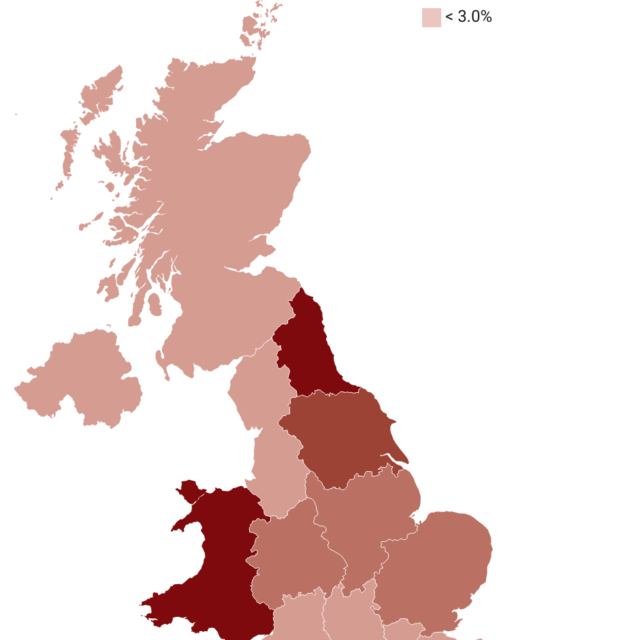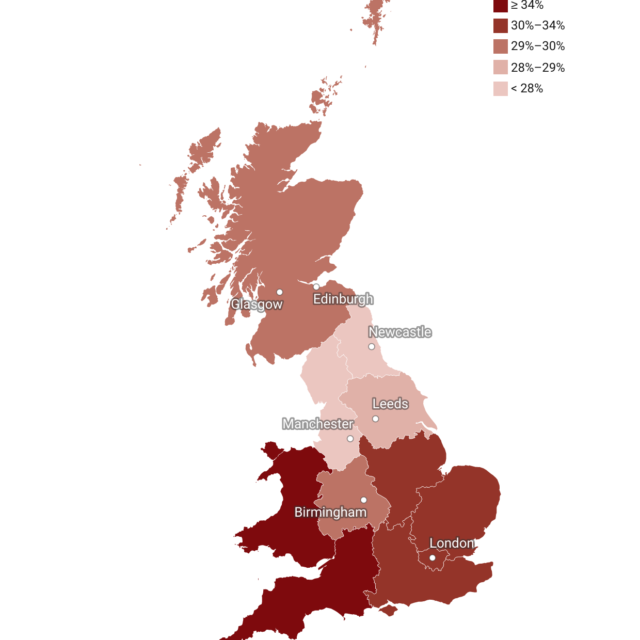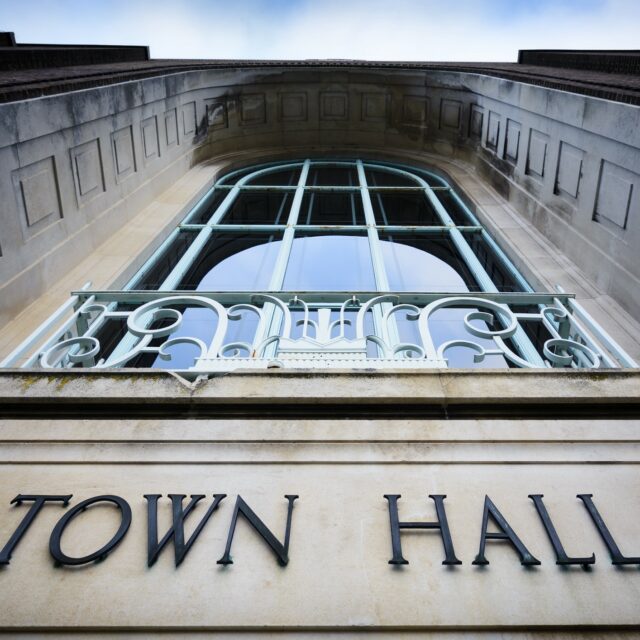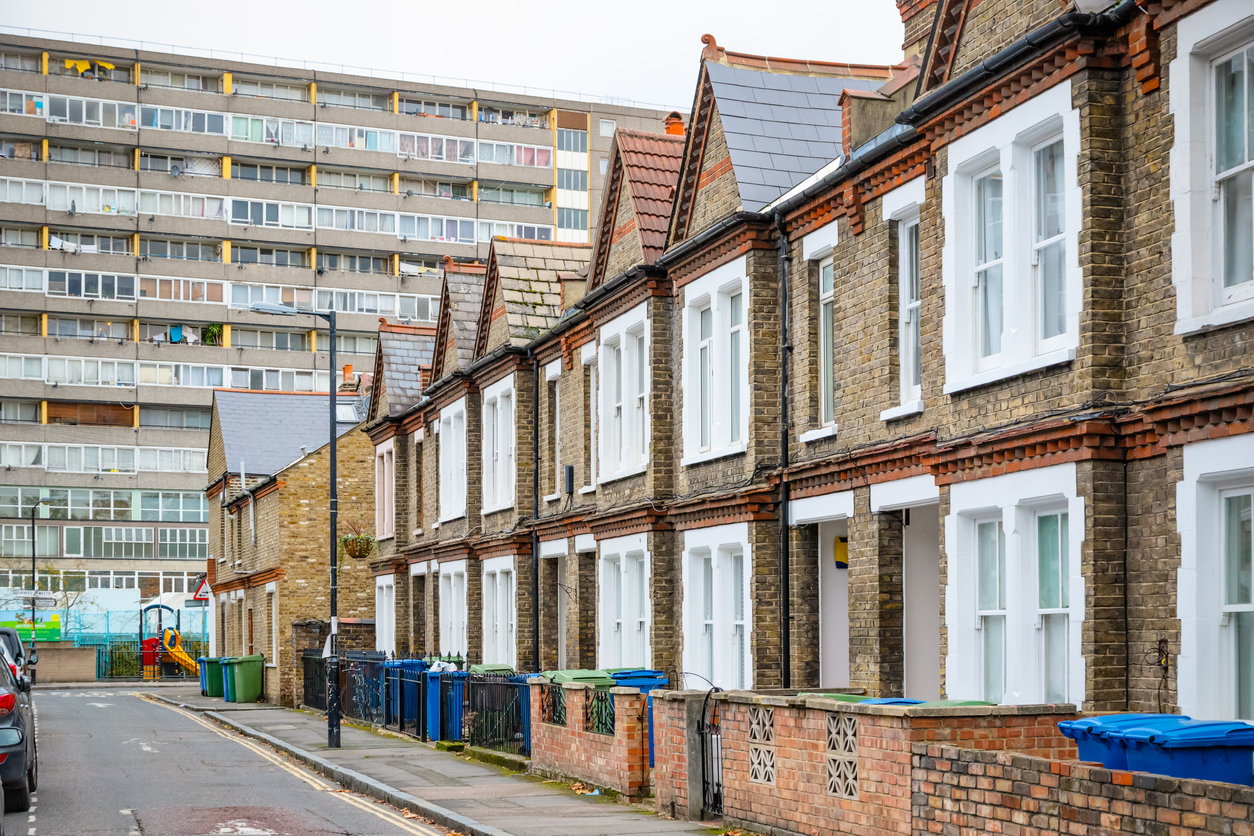The Economic and Social Impacts of Lifting Work Restrictions on People Seeking Asylum
The UK imposes some of the strongest set of restrictions on the right to work for people applying for asylum compared to other European nations. Our research considers the impacts of these restrictions on the UK economy, Government spending as well as the individuals seeking asylum in the UK. We find that allowing people seeking asylum the right to work would increase tax revenue by £1.3 billion, reduce Government expenditure by £6.7 billion, increase GDP by £1.6 billion, and improve the wellbeing of those individuals.
 Pub. Date
Pub. Date
 Pub. Type
Pub. Type
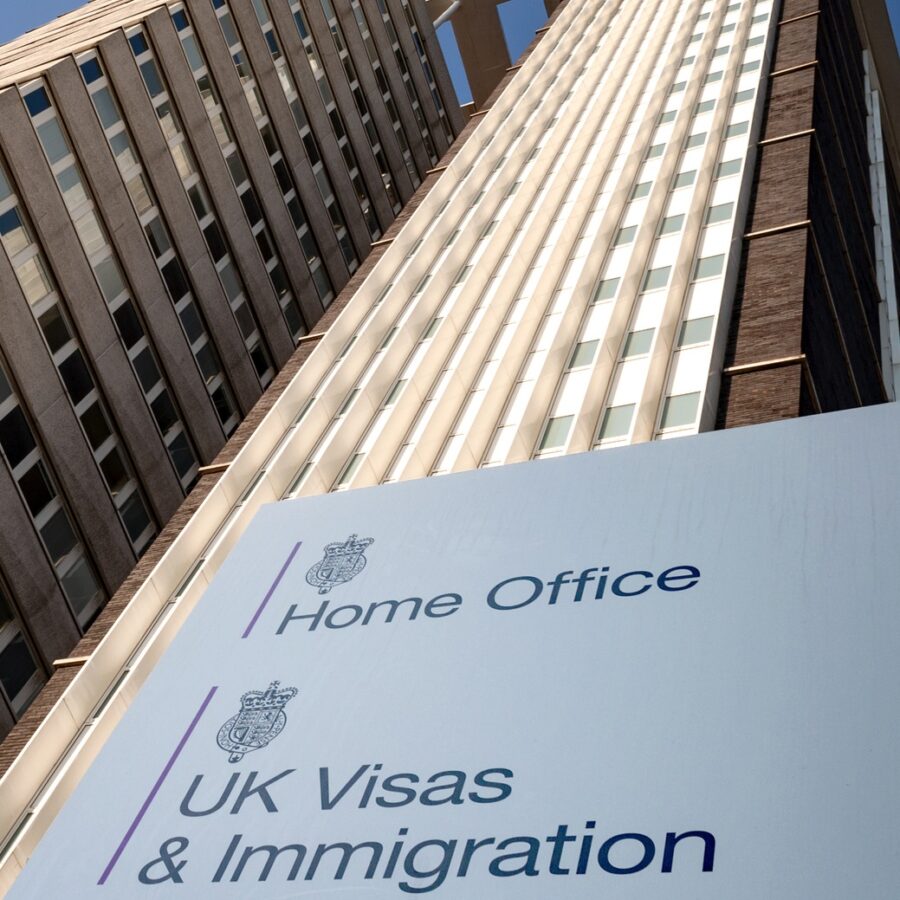
This mixed-methods NIESR discussion paper estimates the economic and social impacts of lifting the right-to-work restriction on people seeking asylum in the UK. This is the first paper to simulate the effect of lifting this restriction with the use of a state-of-the-art macroeconomic model which allows us to estimate this outcome in a more holistic manner. We find that the annual impact from allowing people seeking asylum the right to work would be:
- Increased Tax Revenue by £1.3 billion
- Reduced Government Expenditure by £6.7 billion
- Increased GDP by £1.6 billion
We support this research with qualitative evidence from people seeking asylum in the UK to determine how this restriction interacts with people’s day-to-day lives and to understand whether lifting this restriction would have an impact on their wellbeing. This illustrates how restrictions on the ability to earn an income can leave people applying for asylum at risk of coercion into exploitative work, which can intersect with their health, wellbeing and ability to integrate in the UK.
With the use of more precise methods in estimating the fiscal gain from granting the right to work to people seeking asylum, the inclusion of a macroeconomic model and addition of qualitative evidence, we are able to state with confidence that lifting this restriction would make a substantial contribution to the economy and enhance the wellbeing of people seeking asylum in the UK.






